Does it feel like your hormones are out of control, mama? Many women that reach out to us tell us they feel a postpartum hormone imbalance but they can’t seem to pinpoint one specific problem.
The truth is, bringing a baby into the world can wreak havoc on a woman’s emotional and physical health, leaving her wondering when her hormones will become more stabilized. But what happens to your body after birth can often feel like a mystery.
Many new moms experience mood swings, exhaustion, and physical changes, but they may not realize that postpartum hormone imbalance is a major underlying cause.
Your hormones fluctuate dramatically during pregnancy and continue to shift in the weeks and months postpartum. Understanding what happens to your hormones after birth and learning how to support your body through this transition can help you feel more balanced and in control of your health.
What Happens to Your Hormones Postpartum?
During pregnancy, estrogen and progesterone levels are at an all-time high. These hormones support your baby’s development and help prepare your body for birth. However, as soon as you deliver the placenta, these levels drop sharply—often faster than any other hormonal change in the human body.
For many women, this drastic hormonal shift triggers emotional ups and downs. This is why postpartum hormones and emotions can feel overwhelming in the first few weeks. Some women experience the “baby blues,” while others may develop more severe postpartum depression or anxiety.
Remember those first few weeks postpartum where you feel like you could cry at the drop of a hat? (Maybe even happy tears!) That’s all thanks to these postpartum hormonal shifts. Here’s a timeline of how hormones change after pregnancy.
Postpartum Hormones Week by Week:
- First 48 hours: Estrogen and progesterone levels drop significantly.
- First two weeks: Oxytocin and prolactin levels rise, especially if breastfeeding.
- Six weeks: Your body begins to stabilize, though hormone levels remain lower than during pregnancy.
- Three to six months: Estrogen and progesterone begin to regulate, though many women still experience imbalances.
- Up to a year postpartum: Hormonal shifts continue, particularly if you are breastfeeding or under significant stress.
Signs of Hormone Imbalance After Pregnancy
Every woman’s postpartum experience is different, but some common symptoms of postpartum hormone imbalance include:
- Mood swings, anxiety, or depression
- Extreme fatigue, even after rest
- Brain fog and difficulty concentrating
- Weight fluctuations, especially around the midsection
- Hair thinning or excessive shedding
- Irregular or absent menstrual cycle
- Low libido and vaginal dryness
- Sleep disturbances, even when the baby sleeps
These symptoms often get dismissed as “just part of motherhood,” but they can indicate that your body needs hormonal support.
Postpartum Hormones Explained: The Role of Estrogen & Progesterone
1. Estrogen
This hormone plays a role in mood stability, energy, skin elasticity, and reproductive health. Low estrogen postpartum can contribute to feelings of sadness, brain fog, and even vaginal dryness.
2. Progesterone
Known as the “calming hormone,” progesterone helps regulate sleep and stress. Low progesterone can lead to heightened anxiety, irritability, and trouble sleeping.
3. Oxytocin & Prolactin
These hormones rise after birth, helping with bonding and breastfeeding. However, imbalances in estrogen and progesterone can impact their effectiveness, leading to increased stress or difficulty nursing.
For many women, the imbalance between estrogen and progesterone is what causes postpartum mood swings, energy crashes, and difficulty bouncing back after birth.
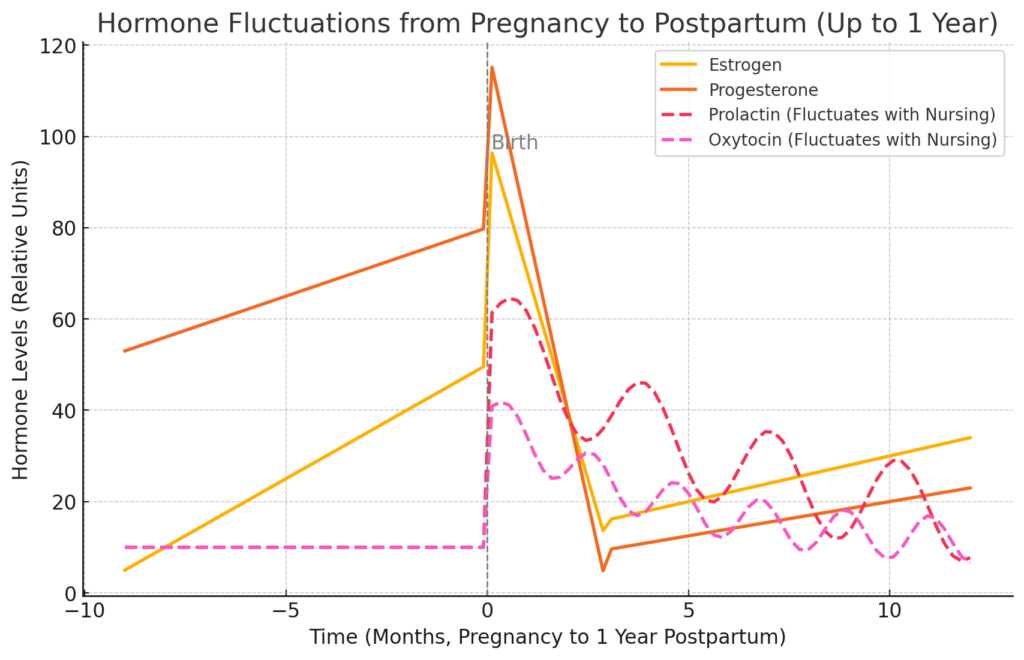
Graph showing week by week changes of postpartum hormones including progesterone, estrogen, oxytocin, and prolactin
Postpartum Hormone Testing: When to Check Your Levels
If you’re experiencing persistent symptoms, it may be time for postpartum hormone testing. A simple blood or saliva test can provide insight into whether your estrogen and progesterone levels are out of balance.
Hormone testing is usually recommended around six to twelve weeks postpartum. However, if you’re struggling with severe mood swings, fatigue, or irregular cycles, testing sooner may help pinpoint imbalances earlier.
At Postpartum Care USA, we treat postpartum women dealing with hormone imbalances as early as 6 weeks postpartum all the way up to 10 years postpartum so don’t worry. It’s never too late to get help!
How to Help Postpartum Hormones Regain Balance
You don’t have to suffer through hormonal imbalances alone. There are natural ways to support your body’s recovery and encourage hormonal stability.
-
Prioritize Nutrient-Dense Foods
- Healthy fats like avocado, salmon, and olive oil support hormone production.
- Protein-rich foods help stabilize blood sugar and energy levels.
- Leafy greens provide essential vitamins and minerals for hormonal balance.
-
Manage Stress and Prioritize Sleep
- High cortisol (the stress hormone) can further disrupt estrogen and progesterone levels.
- Practice mindfulness, deep breathing, or light yoga to reduce stress.
- Sleep when possible—broken sleep patterns make hormone regulation harder.
-
Consider Postpartum Supplements
- Magnesium: Supports mood stability and relaxation.
- B Vitamins: Help combat fatigue and brain fog.
- Omega-3s: Reduce inflammation and aid brain function.
- Adaptogenic Herbs: Ashwagandha and maca root may help regulate cortisol.
-
Exercise Gently
- Over-exercising can spike stress hormones, so focus on low-impact movement like walking or postpartum yoga.
-
Work with a Postpartum Health Expert
- Every woman’s postpartum hormone experience is different. Getting a personalized plan from one of our postpartum nurse practitioners can help you recover more effectively.
While your OBGYN may give you the green light at your 6 week appointment, they don’t always have the time or knowledge to dive deep into your lab results and give you personalized feedback. Postnatal depletion could be the cause of your symptoms of hormone imbalance, and we believe that every woman deserves a customized approach so they can feel their best while raising their babies.
What to Expect with Postpartum Hormone Changes
The postpartum period is a rollercoaster as you learn how to take care of your new baby and they new you! But the more you understand about your body’s hormonal fluctuations, the better equipped you are to support your health.
By six months postpartum, many women start to feel more like themselves as hormone levels stabilize. However, for some, imbalances can linger, especially if stress, poor nutrition, or lack of sleep remain constant factors.
If you’re still struggling with fatigue, mood swings, or irregular cycles a year postpartum, it’s worth reassessing your hormone health to ensure your body is getting the support it needs.
Treatment for Postpartum Hormone Imbalance: You Don’t Have to “Just Deal With It”
If you’ve been told your postpartum struggles are just part of motherhood, know that there is hope. Understanding your hormone fluctuations and learning how to help postpartum hormones stabilize can be life-changing.
Motherhood is challenging enough—your health shouldn’t have to suffer. If you suspect a hormone imbalance, seek postpartum hormone testing and explore ways to support your body naturally.
By prioritizing your well-being, you’ll be better equipped to enjoy this season of life and feel like yourself again.
Looking for more guidance? Reach out to Postpartum Care USA to get a personalized hormone-balancing plan tailored to your needs.
Pin This for Later:
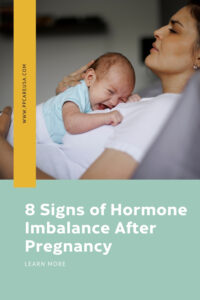
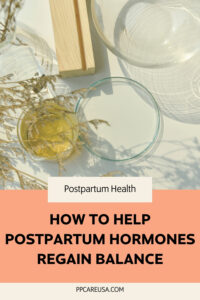
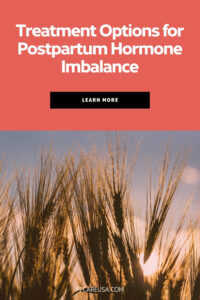
Postnatal Depletion
Meet the Team
Our Services
Supplements
A virtual healthcare clinic that helps postpartum mamas recover from postnatal depletion syndrome with a holistic approach.
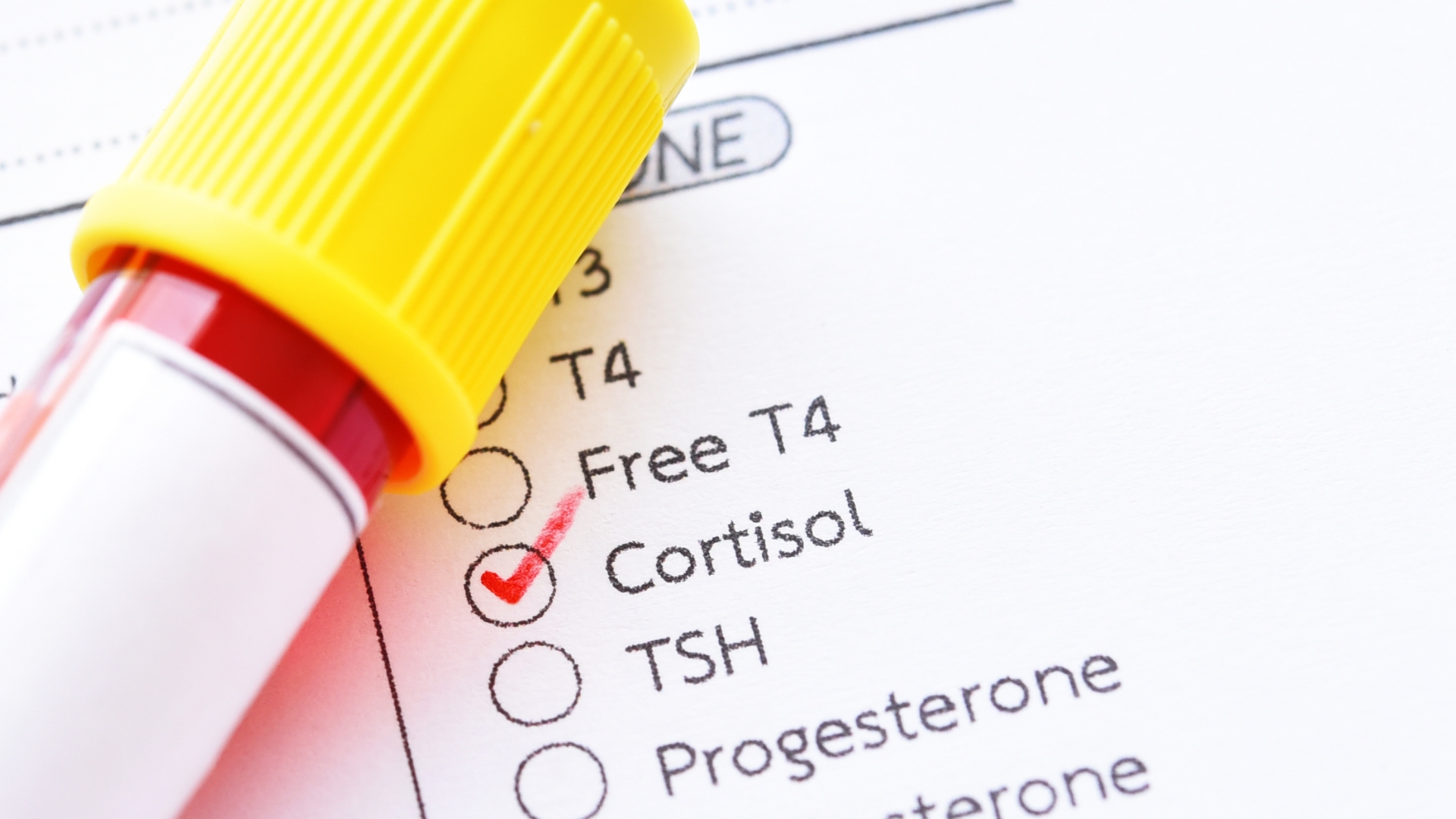
Get in touch